- 75Pinterest
- 30Facebook
- 0Email
- 0Reddit
- 105shares
While we were excited about the safari and wildlife experience, one of the places we were looking forward to visiting was the David Sheldrick Wildlife trust – we were excited to see our foster ellie SATTAO, who was a poaching victim. I ignorantly thought hunting and hurting Elephants for Ivory was a thing of the past before our trip to Africa. When we learned about the plight of these gentle giants and how we can help in Protecting Elephants, we knew we wanted to be involved. The David Sheldrick Wildlife Trust operates the world’s most successful orphan elephant rescue – rehabilitation program is located in Nairobi, Kenya and it is one of the pioneering conservation organizations for wildlife and habitat protection in East Africa. They have raised and successfully rehabilitated many wild species including Elephants, Rhinos and Giraffes. DSWT is currently run by Angela Sheldrick, the daughter of David and Daphne.
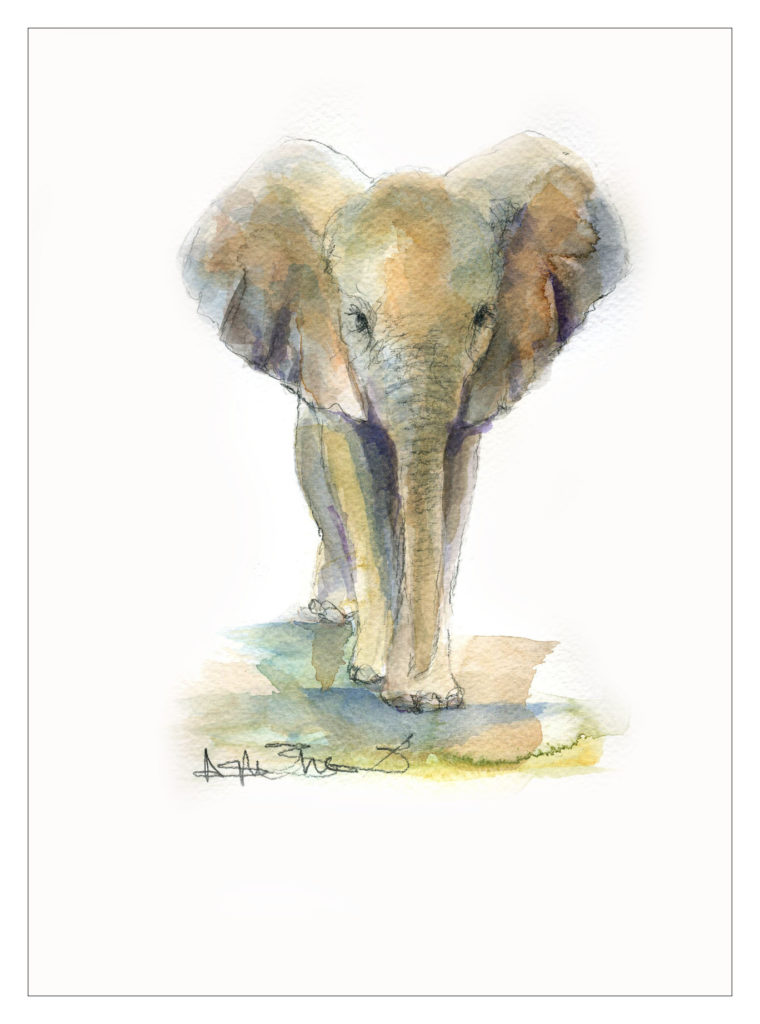
WHAT IS IN THIS POST
What is Ivory anyway?
Elephants use their tusks to tear up tree barks, they use them to aid foraging, digging soil and moving things out of the way. The tusks are just elongated incisors and are essentially no different from other teeth – that has an enamel lining. Ivory poaching for these tusks is the main reason that elephants have been so heavily hunted. Elephant ivory has been used in huge amounts to make billiards balls, piano keys, chess pieces and other curious. One of the key differences between African and Asian elephants is the tusks. All African elephants, male and female, have tusks whereas only some Asian males have tusks. These tusks never stop growing and hence there are some majestic mature elephants sporting big tusks. Poachers who are after the tusk, harm them, separate them from their families even kill them senselessly for this ivory.
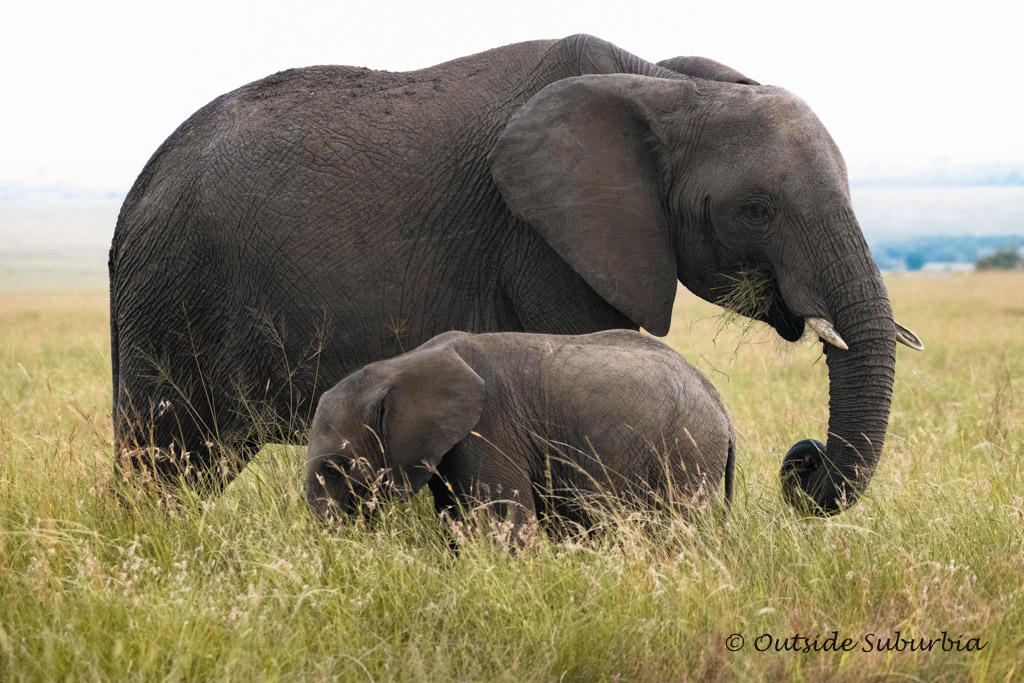
Elephants, just like us love hanging out with their families, they are intelligent, playful and emotional.
A visit to the David Sheldrick Wildlife Trust Orphanage
The David Sheldrick Wildlife Trust was founded in 1977 by Dr. Dame Daphne Sheldrick DBE, in honor of the memory of her late husband, famous naturalist and founding Warden of Tsavo East National Park, David Leslie William Sheldrick. The David Sheldrick Wildlife Trust’s Elephant Orphanage is located in Nairobi National Park, Kenya and is open to the public for one hour every day, from 11 am to noon. During this time the orphans arrive for their midday mud bath and feeding. But if you adopt one of the animals through their foster program which allows individuals across the world to support their field projects – you can visit them in the evening at 5 pm when the elephants come back to the nursery. You will also receive through email a personalized certificate, an interactive map, a monthly update on the progress of your orphan and a watercolor by CEO Angela Sheldrick.
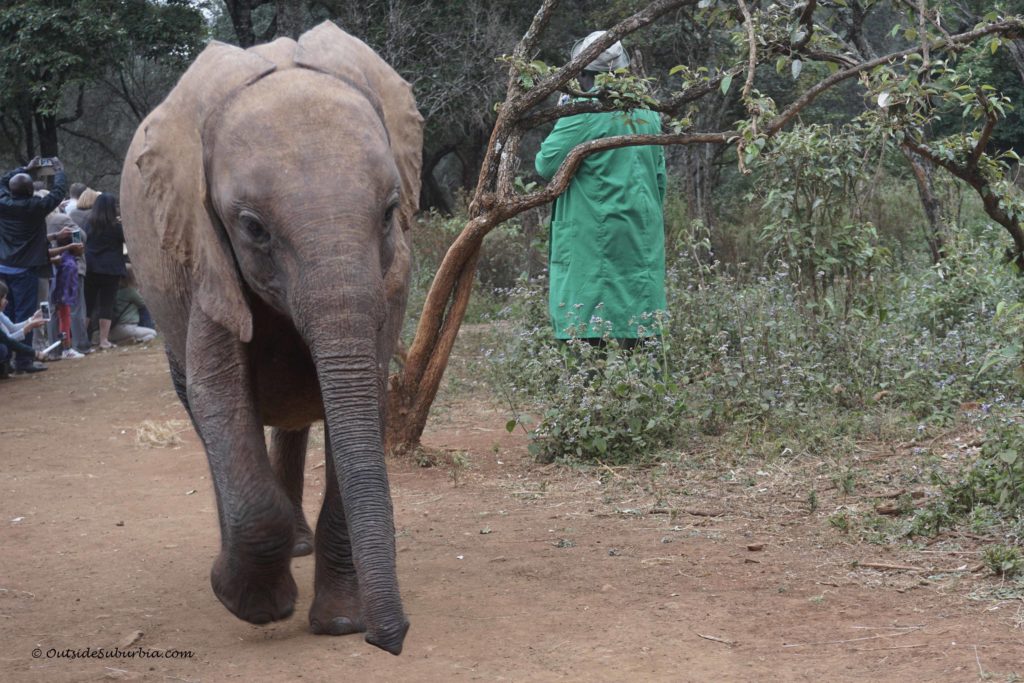
A little guy marching towards the nursery at DSWT
We visited the nursery on our first evening in Kenya. The foster parents from different parts of the world waited in a line with cameras ready, excited to see their babies. A few moments later, much like a sports team marching out onto the field, with the animal handler waiting on the side, they came running, about a dozen or so baby elephants. They made their way to the nurseries and were fed. Once the little guys and girls have drunk their fill, they proceed to play around like toddlers. One little guy was still thirsty and was trying to pull the bucket which stores bottles of their special milk. He was not shy to pull your hand with his truck or give you a fist bump. It was delightful to watch them come home to their playpens and interact with the visitors.
A little background story about SATTAO, our foster ellie
I gave the option of picking our foster elephant to my daughter and was proud when she picked fragile and shy Sattao. She didn’t look for the cutest, most playful ellie but one that touched her heart. Here is Satao’s story from DSWT:
On the 18th of March KWS received a number of reports from visitors about a tiny orphaned baby elephant wandering alone and abandoned, very thin and with predator bites on his back legs. Our Keepers based at our Voi relocation unit were informed, as was the DSWT/KWS Tsavo Mobile Veterinary Unit and the DSWT Anti Poaching team operating within that area. The Rescue Team located the calf after a short search and it became clear that he was in desperate need of rescuing, and in fact with the infamous Tsavo lions plentiful in that area, it was a miracle that he was still alive. Small predators (we suspect jackals), had attacked his rear end and hind legs and hence due to his wounds coupled by poor condition, it was evident that we needed to respond fast. The reason behind him being abandoned remains a mystery, but there had been a couple of poaching causalities in the area around this time and it is possible that one of these victims was his mother. What often happens in such situations is that the calf remains with the herd, but as it loses strength due to a lack of milk, the herd is forced to abandon it when it can no longer keep up due to its weakened state. This is more than likely what transpired in this baby’s case, because he was incredibly thin and dehydrated when eventually found. It is hard to imagine how frightened and stressed he must have been, all alone in such a hostile environment!
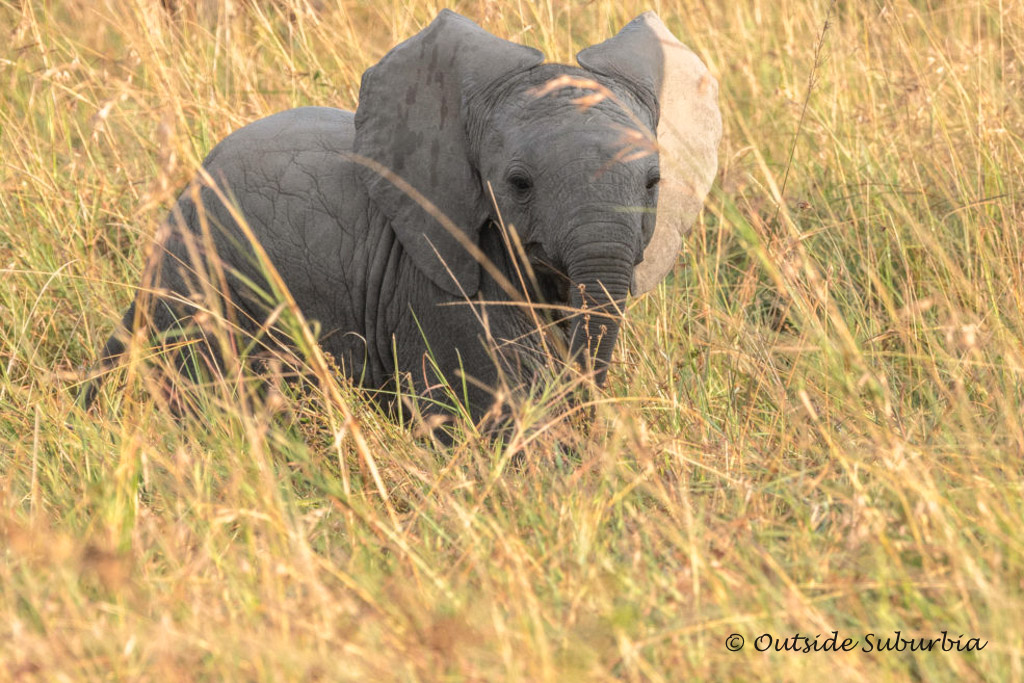
A little elephant out in Masai Mara, Kenya – her family was not far away
What can you do to protect the Elephants and other wildlife?
We often think, our pockets are not deep enough or our reach is not wide enough and hesitate to give our voices to causes that matter to us. In reality, though every little bit helps, it brings awareness and helps educate about these issues. We have swum with dolphins and been to see sharks in tanks before – we didn’t know any better. Now that we do, we will do our research first before we visit any places that profit off of Animal tourism. Animal tourism is big in Asian countries – from posing with Tigers that have been tranquilized to riding elephants and bathing with them, are all sought after by tourists. People don’t understand that to train that elephant(s) to bend down on his knees so you can climb and ride involves what is called elephant crushing – the systematic breaking of the elephant’s mind, body and spirit. Starved and deprived of sleep, sometimes they are beaten with bullhooks or nail-studded sticks till they learn to obey orders. Anytime there is a human with a stick around an elephant playing tricks or interacting you have to question how ethical it is. Why can’t we be happy observing them in nature, seeing them in their natural habitat – they would rather interact with their kind than play tricks for humans. Here is 5 simple things we can all do protect elephants and other wildlife
-
Do not ride elephants, pose with a drugged and captive animal or swim with captive dolphins.
-
Visit only ethical elephant sanctuaries and animal conservation centers where they are treated well and care for.
-
Do your research before participating in any animal encounters or enabling Animal Tourism that exploit animals for profit.
-
Try to see animals in the wild, participate in safaris and nature walks and swims.
-
Educate yourself about the animals and do your part in protecting them
A few photos from our visit to DSWT
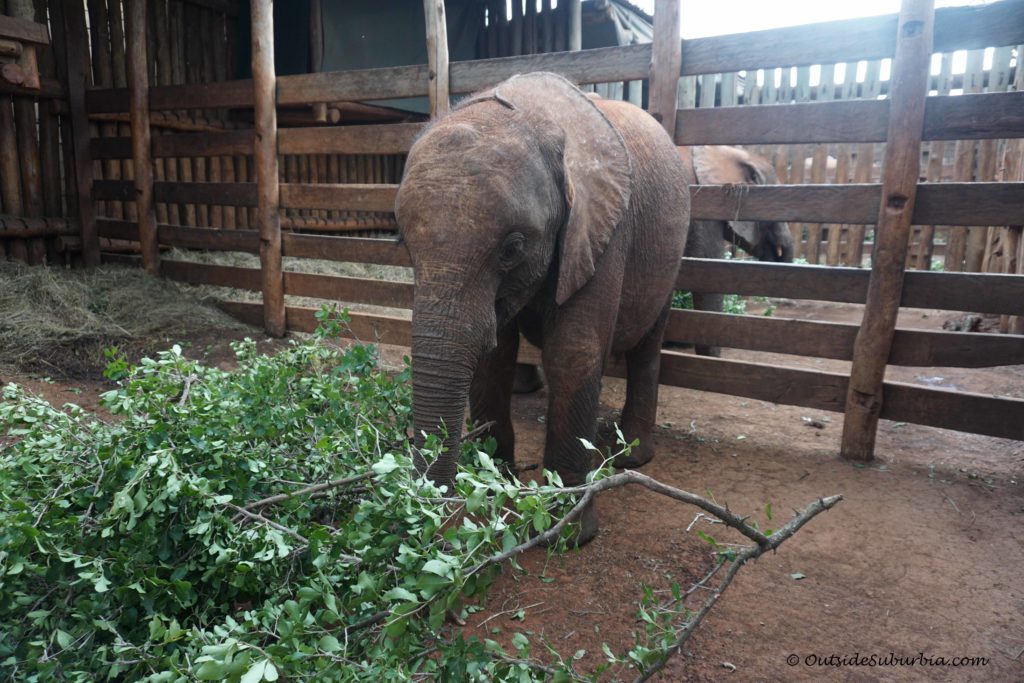
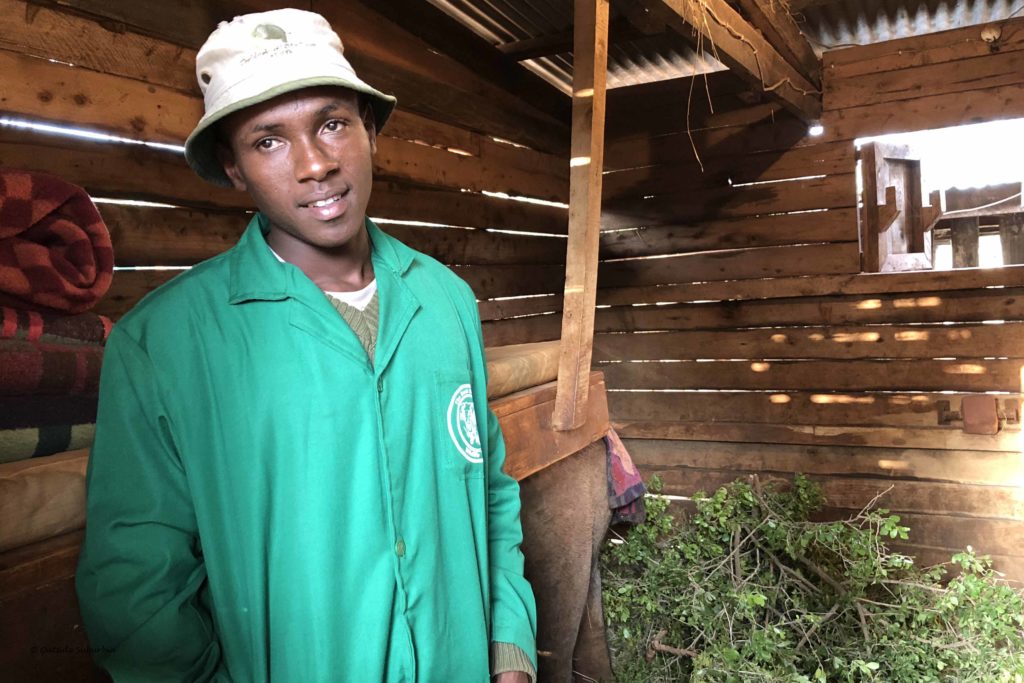
Each little elephant has a keeper who stays with them, sleeps inside the nursery and feeds them every 3 hours
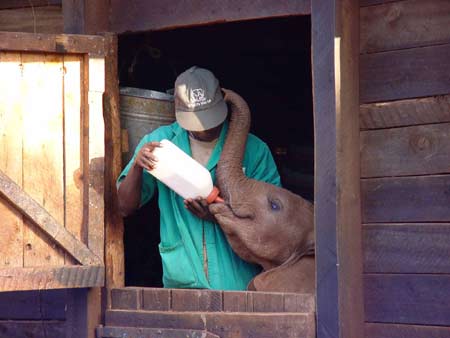
The special bond! A Keeper feeding a little elephant a special milk formulated by DWST (Photo by DWST)
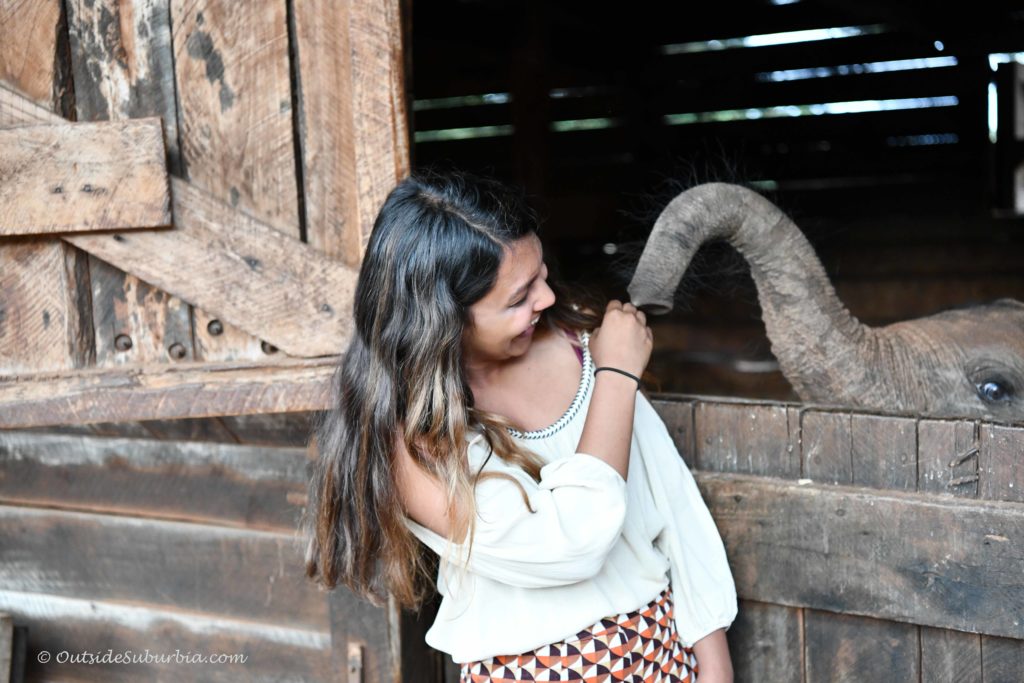
Such innocent and playful creatures
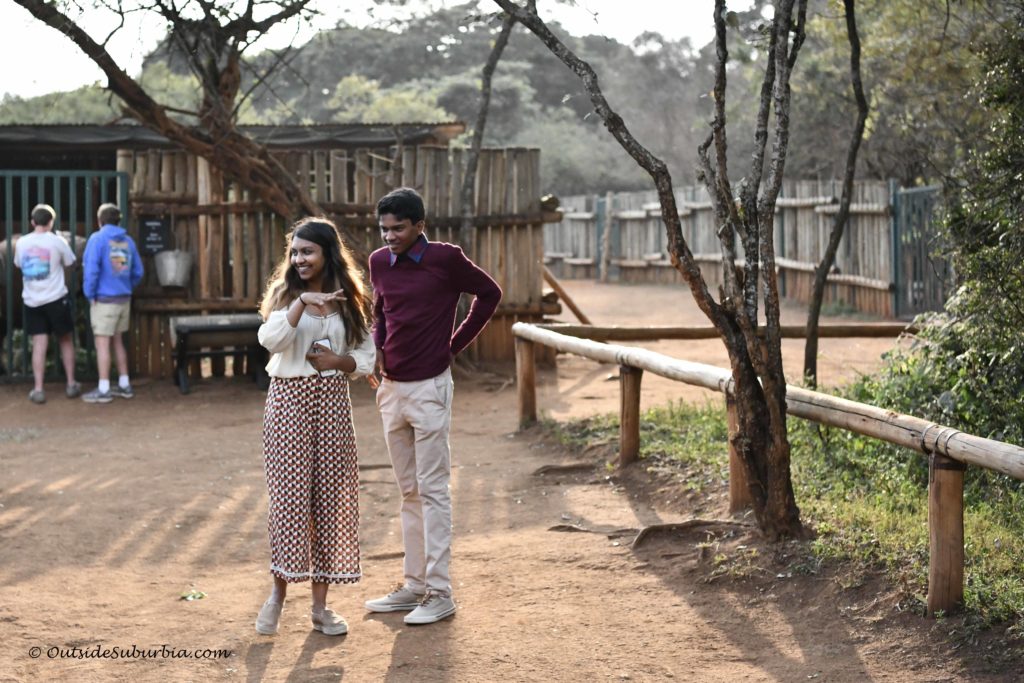
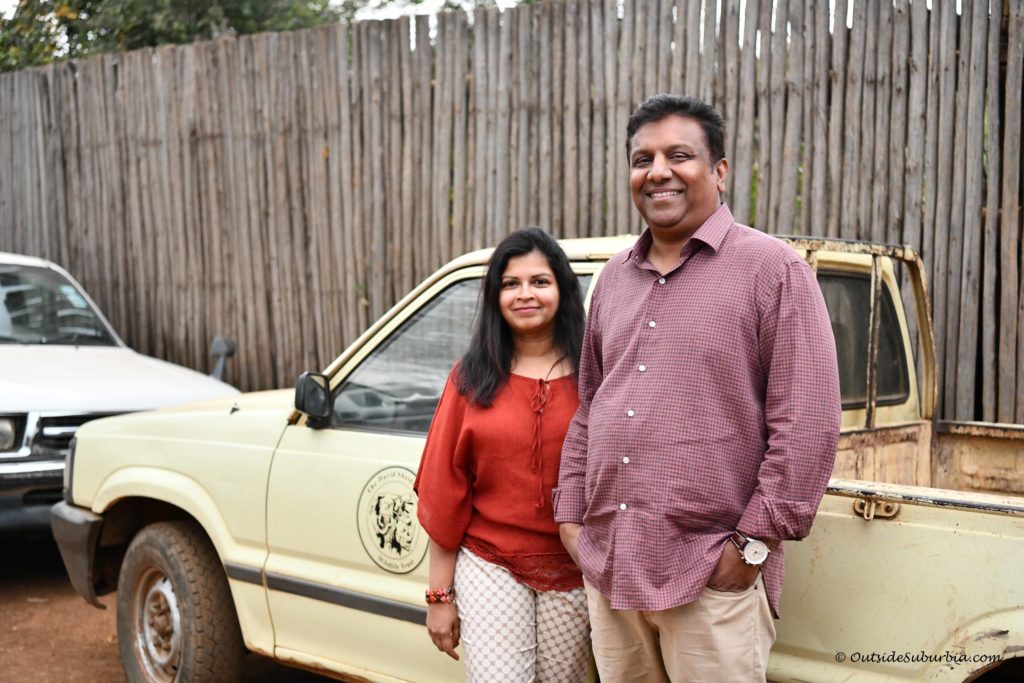
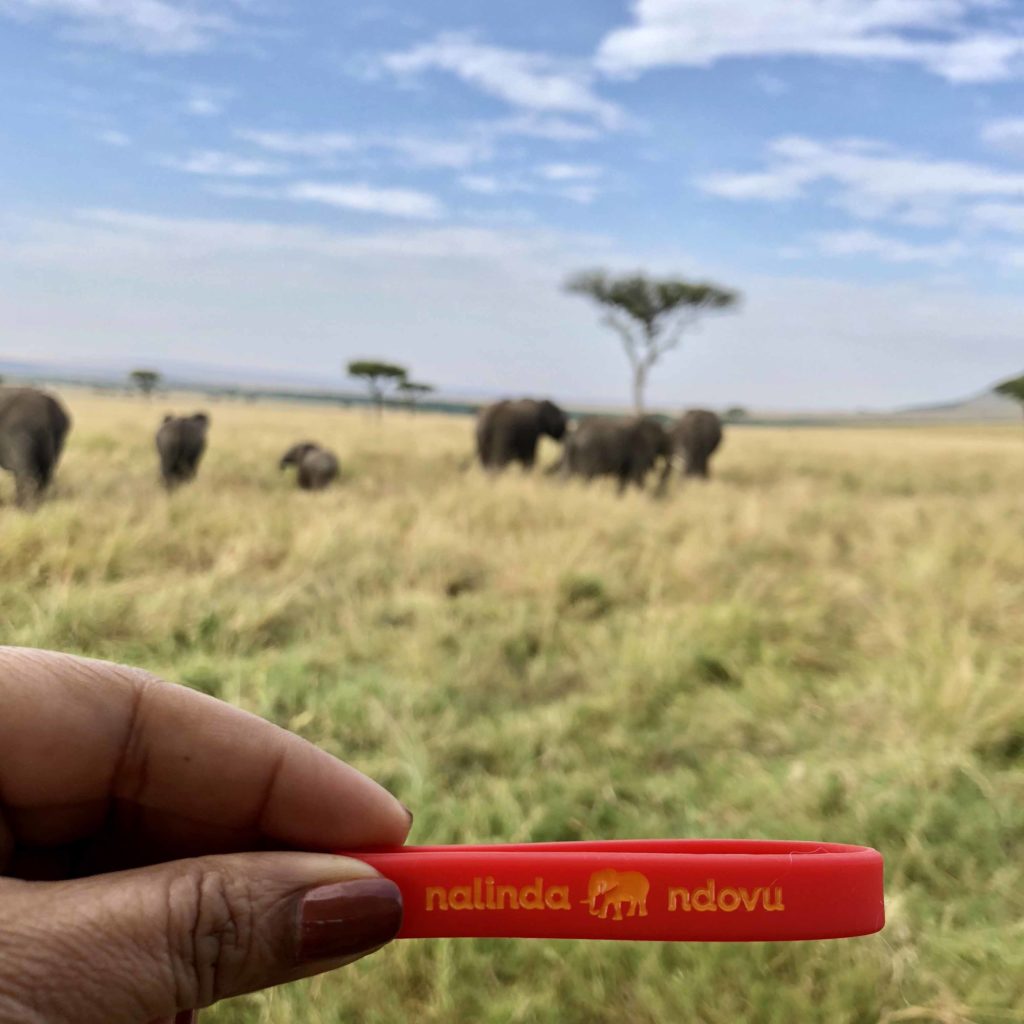
We bought this bracelet that says Protect the Elephant in Swahili from a Masai at the Kenya Park gate for $6 each, not much if you think of the dollar value, but the money goes towards protecting the elephants in the park. Don’t wait to do the big things, do the little things!!
Do your research before you participate in any animal encounters. Here are a couple of genuine sanctuaries you can volunteer or visit to see Elephants
Elephant Freedom Project in Srilanka
Elephant Conservation and Care Center in Mathura in India
Elephant Nature Park and Burm and Emily’s Elephant Sanctuary near Chiang Mai, Thailand
Do you know other wildlife sanctuaries? Let me know in the comments and I will add to this list.
Support animal activist groups and organizations
From World Elephant Day(12 August) established by World Elephant Society, that asks elephant-lovers around the world to share their appreciation of these endangered animals to grassroots organization, many are dedicated to raising awareness about the ivory trade and the fate of elephants.
Here is an in-depth article about how you can help support and protect the elephants.
A few more organizations listed below help orphaned elephants, poaching victims and do amazing work in keeping this keystone species healthy. Look them up!
@dswt @knysnatrunkcall @savetheelephants @maraelephantproject @elephantcrisisfund
Do the little things – spread the word, show your support
I believe that there is goodness in people, especially our younger generation. If people, especially kids knew the reality behind the inhumane handling of the animals – the exploitation and cruelty, they will not want to participate in unethical animal tourism.
If this post educated 100 people and stops them from riding an elephant in India, posing with a drugged tiger in Thailand or swimming with captive dolphins in Mexico I’m happy. Heck. even if it stops my friends and family from participating in unethical animal encounters my job is done.
While not everyone can go work in Africa and help protect the animals directly, we can all help protect them in our small ways. We can spread the word, show our support and stand against poaching and other cruelty against animals and become ambassadors for the conservation of the wildlife that we share this planet with.
Don’t wait to do the big things, start NOW, do the small things with a BIG HEART!
See this article by ATTA, Tourism’s Role in Protecting Animals
PIN IT FOR LATER
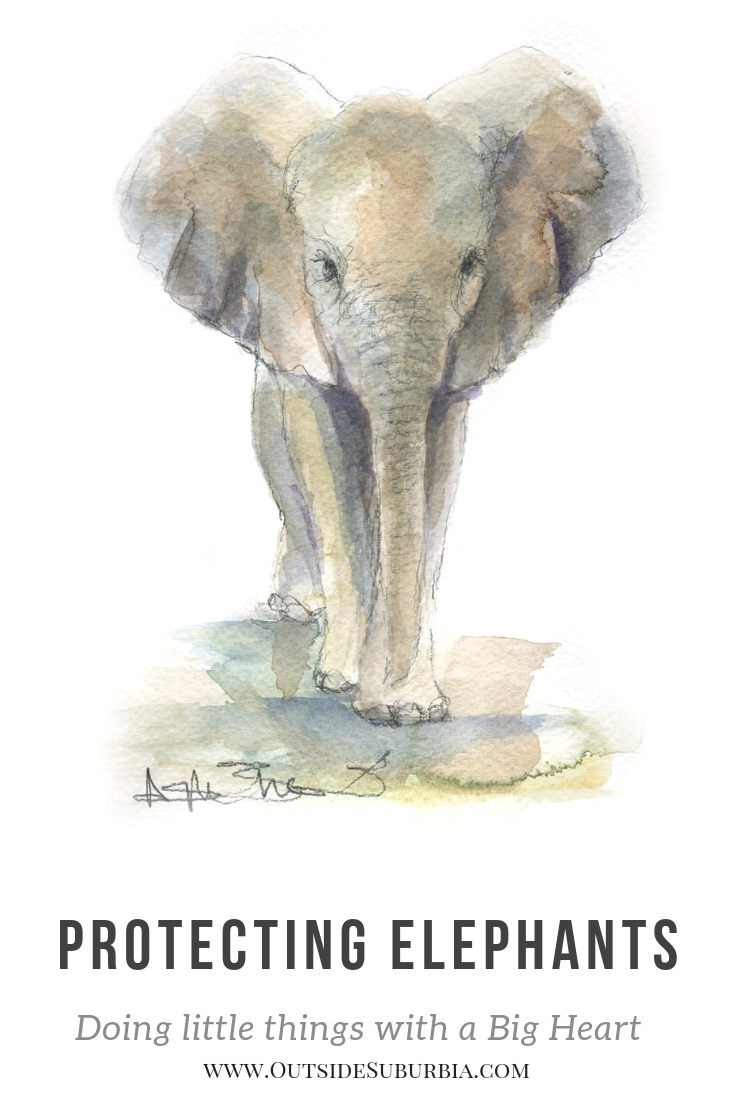

Very educational and informative post.
Here in Africa, animals are not really protected as they should be. Just like what Katie Dundas also said about poaching, it is the sad truth. I have lived in Cape Town, South Africa for almost a decade. Countless times I have seen so many of these cases came up.
It is great to know that there are projects that are helping protect our endangered species.
Thanks for sharing.
This is so important! I visited South Africa and Namibia a few months ago, and it is heartbreaking to hear how prevalent the issue of poaching still is. Luckily there are great organisations who are working hard to change this, and we, as bloggers, can help by raising awareness and starting conversations.
I agree~ these fascinating animals should be well-protected and not to be abused for something we don’t need. Thankfully there are people in the world helping to protect them, and thanks for posting this and spreading the message across. @ knycx.journeying
Elephants are such gentle giants and so beautiful. It is such a pity that Man in his greed has made life miserable for these beautiful being across the world. Thanks to organizations like the David Sheldrick Wildlife Trust for rendering such yeoman service and taking such wonderful care of the little babies.
Thank you for sharing such an insightful post! I love that you gave information on how to find ethical places! I hope that by bringing more and more awareness people will stop doing unethical animal activities.
Also, those baby elephants look soo cute!
I am involved with an annual charity event in Orange County (The Gray Event) that supports the Elephant Nature Park in Chiangmai, Thailand. I’m happy to see you already have them listed. Great post for an important cause – thank you for sharing!
Great read and you listed a lot of good resources for people that want to learn more. It is always important to remember when traveling not to exploit animals. I think the problem occurs when people who have never seen a certain type animal and probably never will again travel to a location where the people living there have little money and are just trying to make a living. For the person looking in from the outside it is utter exploitation and should be banned, for the tourist it is a chance of a lifetime to see and do something they never will again and for the person who lives there it means earning money and feeding their family.
great cause!